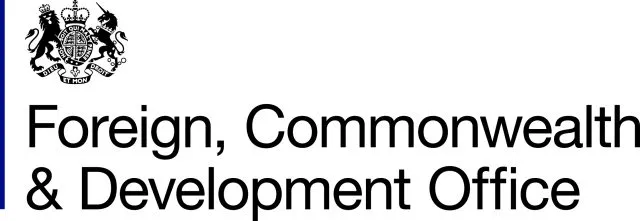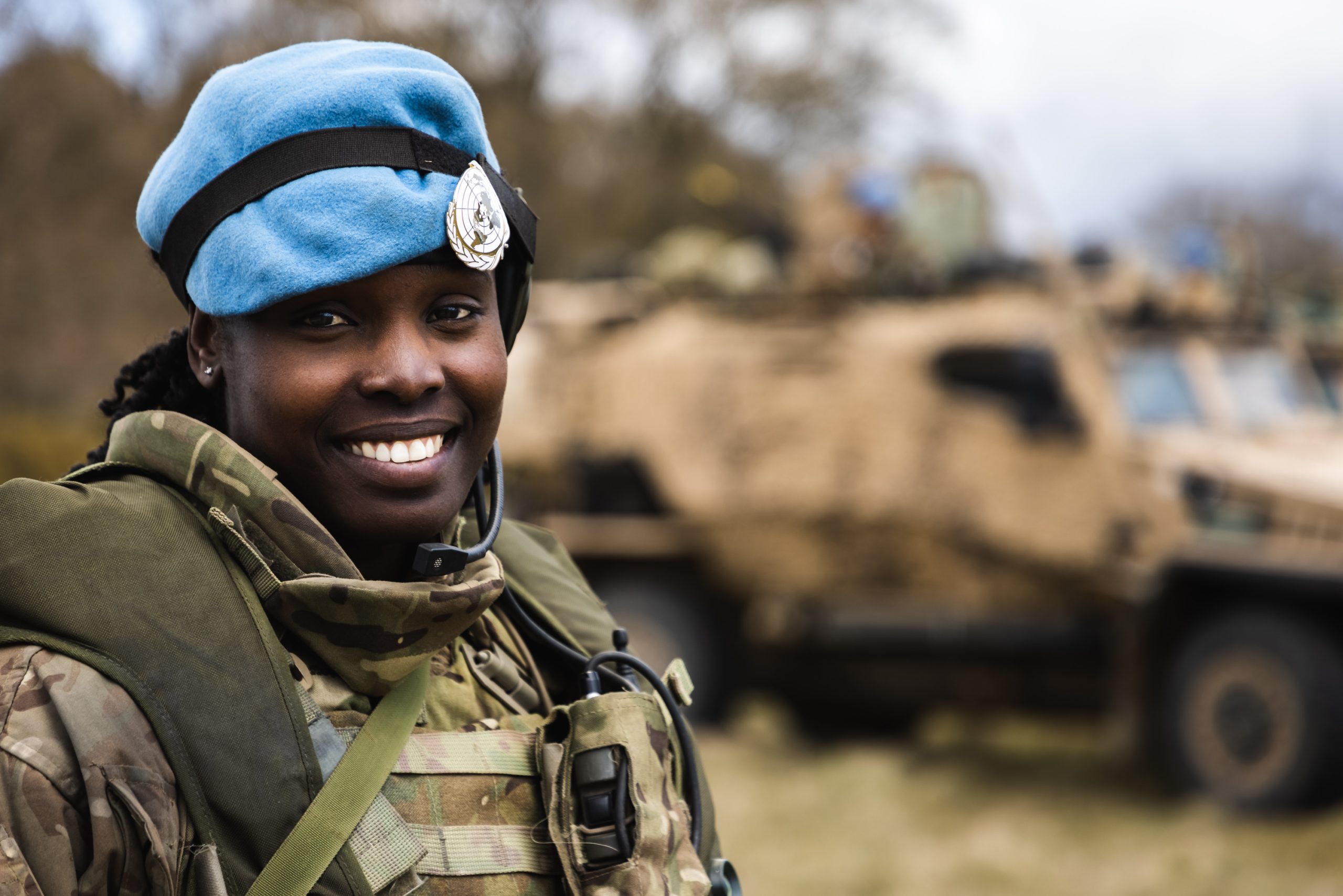- In a crisis context, limited resources and competing pressures can incentivise international actors to engage in ways to stop violent conflict as quickly and simply as possible. This seemingly “common sense” approach is reflected in the UN-led track one model of two parties, one mediator, held largely behind closed doors. However, evidence tells us that ceasefires and peace processes which engage an inclusive and representative cross section of interest groups – including women and young people – are significantly more likely to last.
- These include national dialogues and more complex and mosaiced approaches with different levels of mediated compromise happening with different groups of people – including the most marginalised and sidelined. Meaningful participation of women requires empowered women who can take up political space once they are given access, and new genuinely inclusive structures for engagement to avoid the expectation that a minority of individual women can fundamentally change a system.
- A survivor centred process requires gender and women and girls to be included. Within this remains the ongoing challenge of how to make space for accountability, transitional justice and reparations without preventing actors from coming to the table or leaving the question entirely to the end. Conflict and crisis actors also need to unpack, negotiate and move beyond other perceived tensions and binaries, to find ways of working that meet the needs of warring factions as well as those impacted and impacting on conflict dynamics.
“Track 1 processes and the old way of doing things is not working, space is opening for UK and others to legitimise other more inclusive models.”
Recommendations
- Move beyond binary thinking and choices towards an effective gendered approach:
- from speed and simplicity vs inclusion of ceasefires/peace agreements towards building effective approaches that include and meet the needs of different interest groups beyond only violent actors;
- from scale vs inclusion of a humanitarian response towards a targeted and quality approach to meet differentiated needs of vulnerable groups;
- from life-saving humanitarian services vs meeting the needs of women and girls towards operationalising the international standard of the Minimum Initial Services Package (MISP) for sexual and reproductive health and rights (SRHR) as a set of priority lifesaving SRHR services and activities to be implemented at the onset of every humanitarian emergency to prevent excess morbidity and mortality.
- from raising sexual violence through diplomatic channels vs preserving operating space and political capital, towards a discussion on what to raise, with whom, and when, to have greatest effect. This includes considering whether to raise in public communications or privately on diplomatic channels.
“Impunity thrives when trauma is not addressed.”
- Governments and other organisations to have crisis preparedness and response plans and systems/ structures that institutionalise and ensure:
- good, gendered analysis and data and knowledge management before and during crisis including integration of early warning systems, and intelligence that considers human security and human terrain analysis for crisis planners.;
- gender considerations in all training, guidance, roles and responsibilities and protocols, with clear examples of what good looks like.
- gender and inclusion adviser/expertise in all crisis teams from crisis onset with both geographic /contextual understanding and the ability to apply thematic expertise in crisis.
- systematic engagement with trusted civil society partners to inform, co-create and help monitor policy effectiveness including by: bringing ground truth and early warning systems into risk assessments; carrying out/ contributing to rapid gender and inclusion analysis; and understanding how women perceive security and their priorities.
- Governments and other organisations to work with security actors (police and military) before and throughout crisis to be more responsive to needs of women and girls, to protect human rights defenders where possible and do no harm.
- Governments to develop and communicate the modality to uphold commitment to protect women’s rights defenders and activists, setting out who will be eligible for what support.
- Additional standardised resourcing to women’s rights organisations for prevention and response to GBV in all crises.
- All actors to support a pipeline of empowered and upskilled women in fragile states to take up political space in negotiations and as mediators and negotiators.
Nina Larsen
Wilton Park | June 2024
In partnership with

-
Notes
Wilton Park reports are brief summaries of the main points and conclusions of a
conference. The reports reflect rapporteurs’ personal interpretations of the proceedings.
As such they do not constitute any institutional policy of Wilton Park nor do they
necessarily represent the views of the rapporteur. Wilton Park reports and any
recommendations contained therein are for participants and are not a statement of policy
for Wilton Park, the Foreign, Commonwealth and Development Office (FCDO) or His
Majesty’s Government nor any participating governments.
Should you wish to read other Wilton Park reports, or participate in upcoming Wilton Park
events, you can find out more here.
To receive our monthly bulletin and latest updates, please subscribe here.
